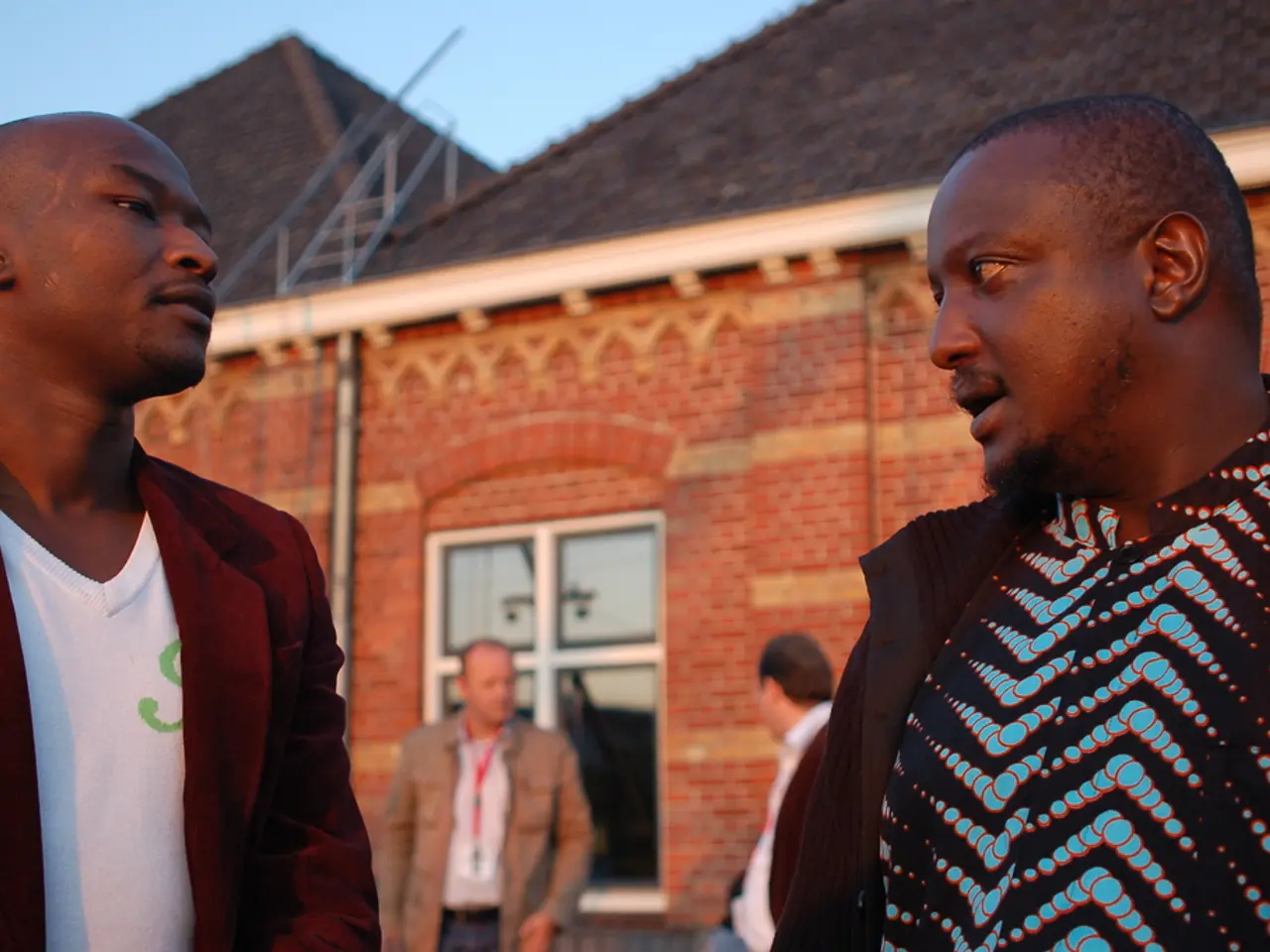Bureaucratic Decision Blocks Nairobi Housing Chief Lydia Mathia's Detainment by IG and DCI
In a dramatic turn of events, the Nairobi County Chief Officer for Housing and Urban Renewal, Lydia Mathia, finds herself at the centre of a heated legal battle. The High Court has issued interim conservatory orders barring the Inspector General of Police and the Director of Criminal Investigations from arresting Mathia without a warrant of arrest duly issued by a competent court [1].
The orders, issued by Justice Bahati Mwamuye, are in force until November 5, 2025, when the matter will be mentioned for further directions [1]. This decision comes after Mathia was summoned for questioning by the DCI but failed to appear due to illness [2].
The investigations into Mathia are linked to a series of controversial evictions in estates such as Old Ngara, Kariokor, Buruburu, Woodley, and other residential areas [3]. The motion accused Mathia of gross misconduct, abuse of office, violation of human rights, and disobedience of court orders in relation to these evictions [3].
DCI detectives are reportedly investigating possible violations of the law, including abuse of office, destruction of property, and illegal evictions [4]. Samson N. Gachago, Chairperson of the Woodley Development Initiative CBO, filed an affidavit opposing Mathia's petition, citing her persistent defiance of court orders issued by the Environment and Land Court [5].
The restraining order applies solely to arrests without a court-issued warrant and does not prevent law enforcement agencies from continuing their investigations or summoning Mathia for questioning [6]. Mathia wrote to the DCI requesting a rescheduling of the interrogation, but no response had been received as of yesterday [2].
The motion to oust Mathia was tabled by Ngara MCA Chege Mwaura and passed overwhelmingly by Members of the County Assembly [7]. The county assembly has resolved that Mathia be declared unfit to hold public office and directed the Nairobi County Public Service Board to initiate disciplinary proceedings and cease any official engagement with her [8].
However, Mathia has argued that the assembly's decision contravened her rights under Articles 47 and 50 of the Constitution, which guarantee fair administrative action and a fair hearing [9]. While seeking to nullify the assembly's resolution, Mathia maintains that the decision was unlawful and infringed upon her constitutional rights [10].
Gachago stated that Mathia's defiance triggered the current censure efforts and noted that she is facing contempt proceedings for supervising and enabling unlawful evictions [5]. The looming arrest is linked to Mathia's decision to seek court orders blocking her ouster by the Nairobi County Assembly [1].
Mathia's lawyer, Moses Mabeya, asked the court to issue interim orders barring the police from arresting her following summons issued by the DCI [2]. The evictions reportedly displaced numerous families and triggered protests from affected residents [11]. The operations were conducted without court orders and due legal process, raising concerns over the legality of the actions and the involvement of county officials [11].
The matter will be mentioned on November 5, 2025, for further directions by the court [1]. The county assembly has urged the court to set aside the orders suspending the ouster of Mathia [8]. The evictions in question have sparked a heated debate about the balance between development and the rights of residents in Nairobi.
- The general-news headlines might feature the ongoing legal battle of Lydia Mathia, the Nairobi County Chief Officer for Housing and Urban Renewal, with the business section discussing the potential impacts of her absence on urban renewal projects.
- In the epaper's politics section, articles could delve into the motion to oust Mathia from the Nairobi County Assembly, and the constitutional arguments she has put forward to challenge this decision.
- Health and politics sections could jointly cover stories about the fallout from the controversial evictions, including residents' health problems due to displacement and the potential violations of human rights, as well as discussions on the legal and politicalFuture implications of such incidents.






